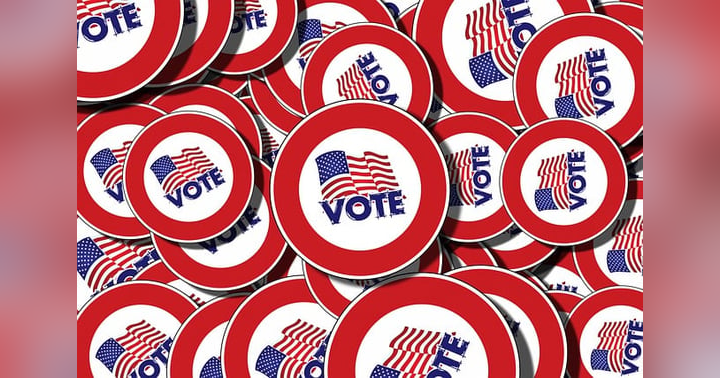Balancing Activism and Academics: Strategies for Avoiding Expulsion

Introduction
College students have a long history of participating in protests and political activism. From the civil rights movement to the Vietnam War protests, students have played a vital role in shaping the course of history. However, students who engage in activism also face the risk of expulsion. In this blog post, we will discuss the legal risks of activism for college students and provide practical strategies to minimize the risk of expulsion.
Understanding the Legal Risks of Activism for College Students
The First Amendment to the United States Constitution protects the right to freedom of speech and assembly. However, this right is not absolute. Colleges and universities have the right to set their own rules and regulations, and students who violate these rules may be subject to disciplinary action, including expulsion.
There are a number of specific legal risks that college students who engage in activism face. These risks include:
- Trespassing: If you participate in a protest on private property, you may be charged with trespassing.
- Disorderly conduct: If you engage in disruptive or disorderly behavior during a protest, you may be charged with disorderly conduct.
- Assault: If you physically attack someone during a protest, you may be charged with assault.
- Rioting: If you participate in a riot, you may be charged with rioting.
In addition to these criminal charges, you may also be subject to disciplinary action from your college or university. This action may include suspension or expulsion.
Peaceful Assembly and College Campus Protests
The First Amendment protects the right to peaceful assembly. This means that students have the right to gather on campus to protest and express their views. However, there are some restrictions on the right to peaceful assembly. For example, students may not block access to buildings or roadways, and they may not engage in disruptive or disorderly behavior.
If you are planning to participate in a protest on campus, it is important to be aware of the university's policies and regulations regarding protests. You should also make sure that you are engaging in peaceful and respectful behavior.
Adhering to University Policies and Regulations
In addition to the First Amendment, colleges and universities have their own rules and regulations regarding protests. These regulations may vary from campus to campus. It is important to be aware of the regulations at your own institution and to make sure that you are not violating any of them.
Some common university policies and regulations regarding protests include:
- Permits: Some universities require students to obtain a permit before holding a protest.
- Time and place restrictions: Some universities restrict the time and place where protests can be held.
- Noise restrictions: Some universities restrict the level of noise that can be generated during a protest.
If you are unsure about whether or not you are violating any university policies or regulations, you should contact the university's public safety or student affairs office.
Seeking Legal Guidance and Protection
If you are arrested or charged with a crime while participating in a protest, it is important to seek legal guidance immediately. An attorney can help you understand your rights and protect your interests.
In addition to legal guidance, there are a number of organizations that can provide support and protection to students who are engaged in activism. These organizations include:
- The National Lawyers Guild: The National Lawyers Guild is a non-profit organization that provides legal assistance to activists and protesters.
- The American Civil Liberties Union (ACLU): The ACLU is a non-profit organization that fights for civil liberties, including the right to free speech and assembly.
- Know Your Rights Camp: Know Your Rights Camp is a non-profit organization that provides training and support to activists and protesters.
Practical Strategies to Minimize the Risk of Expulsion
There are a number of practical strategies that college students can use to minimize the risk of expulsion while engaging in activism. These strategies include:
- Be aware of the legal risks: Before you participate in a protest, make sure that you are aware of the legal risks involved.
- Follow university policies and regulations: Be aware of the university's policies and regulations regarding protests and make sure that you are not violating any of them.
- Engage in peaceful and respectful behavior: Avoid engaging in disruptive or disorderly behavior during a protest.
- Seek legal guidance and protection: If you are arrested or charged with a crime while participating in a protest, seek legal guidance immediately.
Conclusion
College students have a long history of participating in protests and political activism. However, students who engage in activism also face the risk of expulsion. By understanding the legal risks, following university policies, engaging in peaceful and respectful behavior, and seeking legal guidance, students can minimize the risk of expulsion and continue to make their voices heard.
If you are interested in learning more about the legal risks of activism for college students, please listen to our latest episode of The Healthy, Wealthy, and Wise Podcast. In this episode, attorney Bernie Brown offers guidance on how to avoid expulsion while making your voice heard. You can find the episode here:
College Students: Can You Get Expelled for Protesting? Legal Advice for Activists




